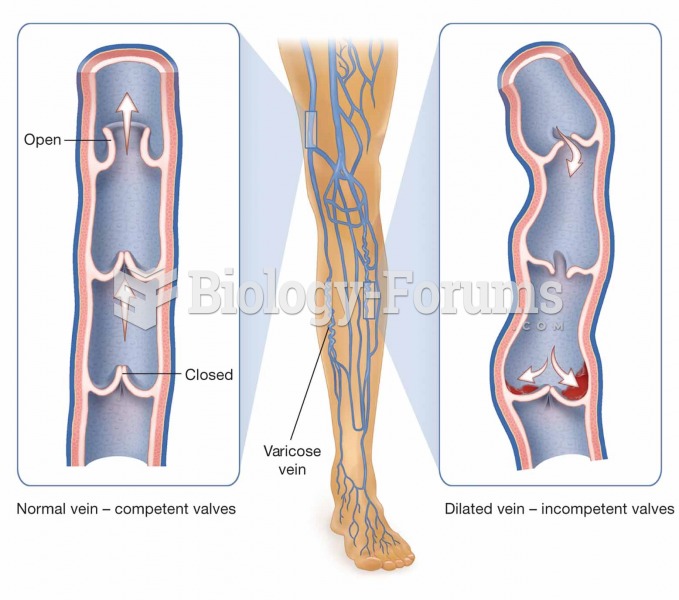Answer to Question 1
For obesity, as well as for cardiovascular disease (CVD), hypertension, and type-2 diabetes, genetics does not appear to play a determining role; that is, a person is not simply destined at birth to develop them. Instead, genetics appears to play a permissive rolethe potential is inherited and will then develop, if given a push by factors in the environment such as poor diet, sedentary lifestyle, and cigarette smoking. Researchers note that the relationship between genes and the environment is a synergistic onetheir combined effects are greater than the sum of their individual effects.
Many experts agree that preventing or treating obesity in childhood will reduce the rate of chronic diseases in adulthood. Without intervention, most overweight children become overweight adolescents who become overweight adults, and being overweight exacerbates every chronic disease that adults face. Fatty liver, a condition that correlates directly with BMI, was not even recognized in pediatric research until recently. Today, fatty liver disease affects about one in three obese children.
Answer to Question 2
Ideally, in light of adolescents' busy schedules and desire for freedom, the adult becomes a gatekeeper, controlling the type and availability of food in the teenager's environment. Teenage sons and daughters and their friends should find plenty of nutritious, easy-to-grab food in the refrigerator (meats for sandwiches; low-fat cheeses; fresh, raw vegetables and fruits; fruit juices; and milk) and more in the cabinets (whole-grain breads, peanut butter, nuts, popcorn, and cereal). In many households today, all the adults work outside the home, and teenagers perform some of the gatekeeper's roles, such as shopping for groceries or choosing fast or prepared foods.







